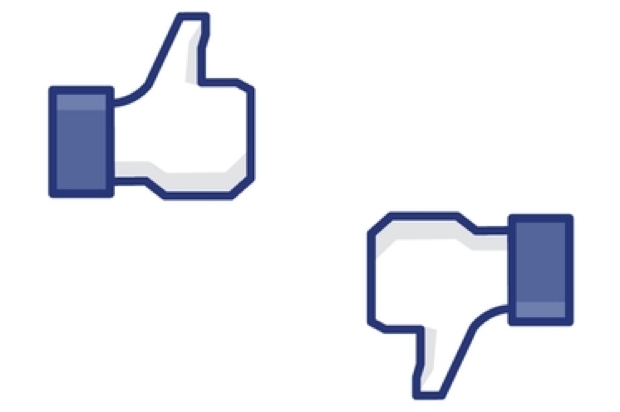My father recently passed away, and the stories people inevitably tell of the dead brought back memories of childhood. As a small boy I remember Sunday lunches that culminated with my IRA-supporting godmother storming out after dad had said something especially offensive about Ireland. But she’d be back the following month and all was forgotten. Another of dad’s lunchtime friends, I remember, had the honour of being one of just 12 Englishmen to fight in the Spanish Civil War – for Franco. One crony, who I mainly remember smelling of whisky and offering my brother and me £50 if we learned Gaelic, had brought a Red Army Faction terrorist to visit mum in hospital after she’d given birth.
These were all people with varying, strongly-held views, and in retrospect I realise how important it is to have friends with whom you profoundly disagree – it’s discomforting and somewhat disturbing, but like a lot of unsettling things, it’s good for your character development. Otherwise you end up with the sort of political sectarianism we’ve seen on social media since Friday.
It’s hard not to feel great schadenfreude at the grieving of people so utterly convinced of their righteousness, although to be honest I haven’t really tried. There are so many to choose from, but Laurie Penny of course delivered the goods with some wonderful tweets.
Many people are angry because they didn’t win, and shocked that, despite no one they know voting Conservative, the party still won. For all the casual assumptions about the benefits of democracy, people forget just how unnatural democracy is, and that it’s not normal for human beings to live with people with whom they profoundly disagree; we have to work at it. We naturally see people who have a very different vision of the tribe as potential enemies. To make matters worse, a population that is certain of its own moral righteousness and which is also used to getting its own way, because everything is a choice and nothing a sacrifice, is not best suited to such a restrained system of government. Politics is not your iTunes library.
The election has also brought out in relief the division not necessarily in our politics but in our personality types, split between people who accept that the world is imperfect and would rather compromise with it, and those who wish to make it perfect – the Jacobins of this world.
One characteristic of the fanatical personality is a tendency to blame others rather than oneself – the media, the voters – and although in everyday life this trait is associated with lower intelligence, fanatical personalities aren’t necessarily stupid. Indeed academia has plenty of fanatics, and one of the worst things about Twitter is that it has revealed how appalling so many talented artists are, how small-minded and ignorant; strangely enough novelists, whose mission is to uncover nuance and motive and internal conflict, are among the most Manichean in the way they see things.
At its most extreme this fanatical personality extends to a tolerance for violence or intimidation, so long as it’s in the ‘right’ cause, without appreciating that just as the rule of law has to apply to everyone or no one, so too must the rules of democratic engagement. The fanatical personality also confuses opponents and enemies; as a quick guide, the Tories are your opponents, Isis are your enemies.
In a less pathological form this fanatical personality is displayed in an inability to see that people from a different party actually share one’s aims but think there are different ways to achieve them; much Labour-leaning analysis of this election suggests that Conservatives vote out of ‘self-interest’, rather than simply believing state spending can be ineffective, or even counter-productive. As Jonathan Haidt pointed out in the Righteous Mind, self-identified liberals generally have a poor understanding of what their opponents believe.
It’s not that Left-wingers are more likely to be less open-minded about politics (by nature, conservatives are less adventurous), but that in England and parts of America it’s possible to be an educated person and exist entirely in a Left-wing world throughout life; for an urban conservative it’s impossible, and like all minorities they’re forced to interact more.
If I had to hazard a guess I would say that fanatical personality characteristics exist on a reverse bell curve across the political spectrum, with the traits most common in people on the extreme Left and Right and the least at the very-centre-Right. But that’s just a guess, based on prejudice.
All character traits are partly hereditary, but this fanaticism is no doubt heavily influenced by the culture, and by the ease in which people are allowed to avoid disconfirming views. And these post-election reactions suggest a generation that is politically spoilt, able to grow up without ever having to face serious opposition to their worldview. From school to university to the office and dinner parties where they can casually make caustic remarks about Right-wingers knowing no one will object, at the homes of friends where on the shelves they will see not a single book by a conservative. My advice to anyone shocked and stunned by this election would be, contra to what one academic says, to go and befriend a Tory. It will do you and your political tribe a world of good.







Comments